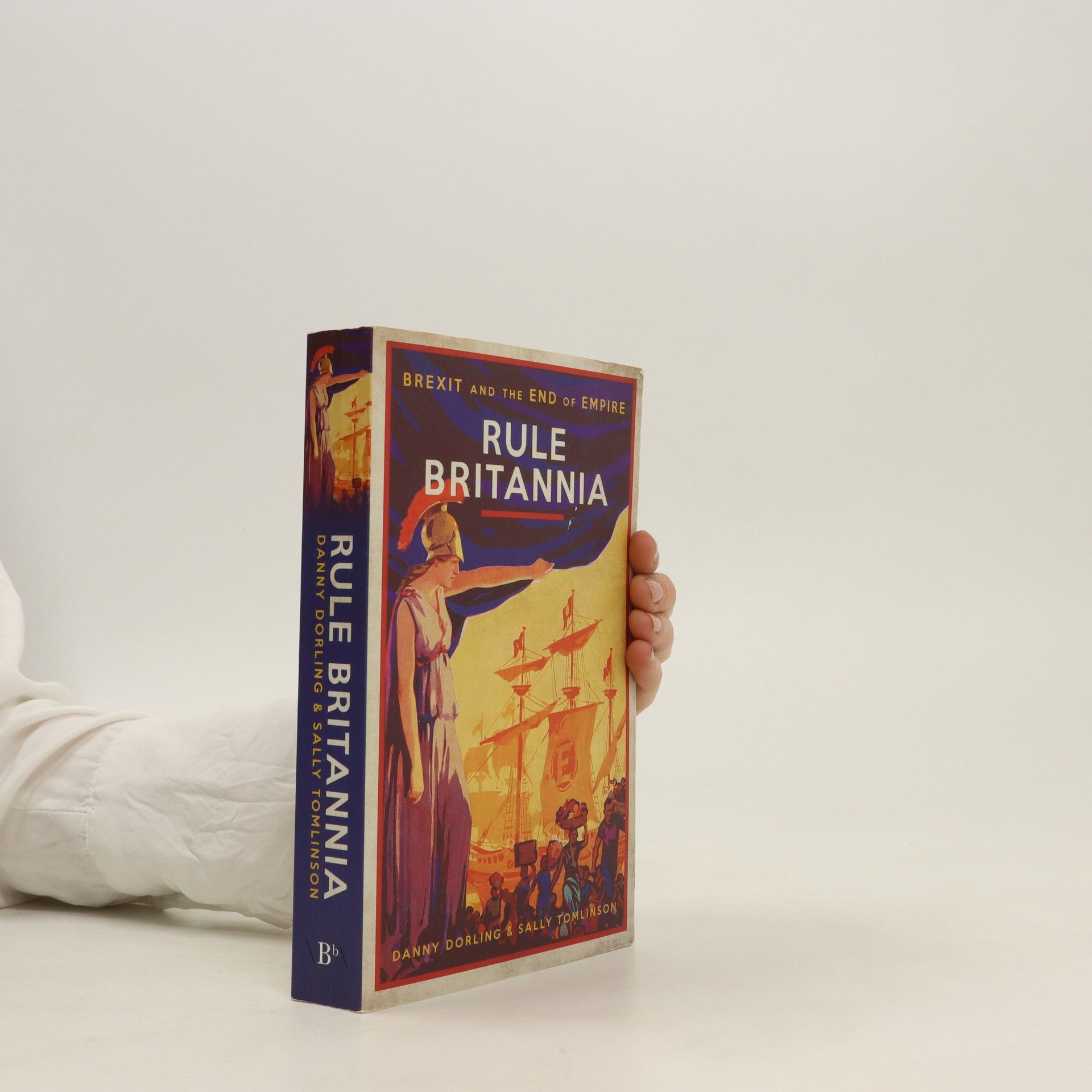Addressing the current political crisis, this manifesto critiques both right and left approaches, emphasizing the need for urgent, innovative solutions. A team of researchers proposes a progressive vision that includes actionable policies in welfare, health, education, and housing. Advocating for an empowered state and active citizenship, the authors stress the importance of resilient institutions to achieve a secure and democratic future. This comprehensive blueprint aims to inspire politicians and citizens alike to embrace change for a prosperous Britain.
Danny Dorling Libri
Danny Dorling è un geografo sociale britannico il cui lavoro esamina criticamente la disuguaglianza e la geografia umana. Si concentra su questioni di alloggio, salute, occupazione, istruzione e povertà, sforzandosi di mantenere un'etica del gioco come apprendimento per la vita, informato da esperienze precoci. Le sue ampie pubblicazioni sulle disuguaglianze sociali, spesso ad accesso aperto, esplorano prospettive globali e mirano a contrastare punti di vista ristretti, riflettendo un impegno per la ricerca accessibile sulle disparità sociali.






The book explores the impact of declining economic conditions on British children, examining how poverty shapes their daily lives and future opportunities. It delves into the challenges faced by these children, including access to education, health care, and social mobility. Through personal stories and statistical analysis, the narrative highlights the broader societal implications of increasing poverty and raises critical questions about the long-term effects on a generation growing up in a less prosperous Britain.
The book explores the alarming rise of food insecurity among UK families with three or more children by 2024, highlighting the consequences such as stunted growth and increased childhood mortality. It delves into the implications of high inequality and examines how systemic issues have led to a peak in social injustice, questioning the potential for further deterioration of the situation. Through this lens, it seeks to understand the broader societal impacts and challenges facing families in contemporary Britain.
Why Demography Matters
- 224pagine
- 8 ore di lettura
Demography is not destiny. As Giacomo Casanova explained over two centuries ago: 'There is no such thing as destiny. We ourselves shape our own lives. ' Today we are shaping them and our societies more than ever before.
Finntopia
- 192pagine
- 7 ore di lettura
What have the Finns got right that other nations haven't?
A Better Politics
- 192pagine
- 7 ore di lettura
This book looks at the evidence for a successful politics that would promote happiness and health. It suggests policies that take account of this evidence. Government can and should work to make us happier.
Geography: Ideas in Profile
- 175pagine
- 7 ore di lettura
A clear and accessible introduction to geography by two experts in the topic, part of the Ideas in Profile series
Britain is broken, but how did it become so divided?
The No-Nonsense Guide to Equality
- 144pagine
- 6 ore di lettura
A wide-ranging exploration of why inequality persists and what can be done about it.
Rule Britannia
- 416pagine
- 15 ore di lettura
The authors argue that the vote to leave the EU was the last gasp of the old empire working its way out of the British psyche. Fueled by a misplaced nostalgia, the result was driven by a lack of knowledge of Britain's imperial history, by a profound anxiety about Britain's status today, and by a deeply unrealistic vision of the future.
